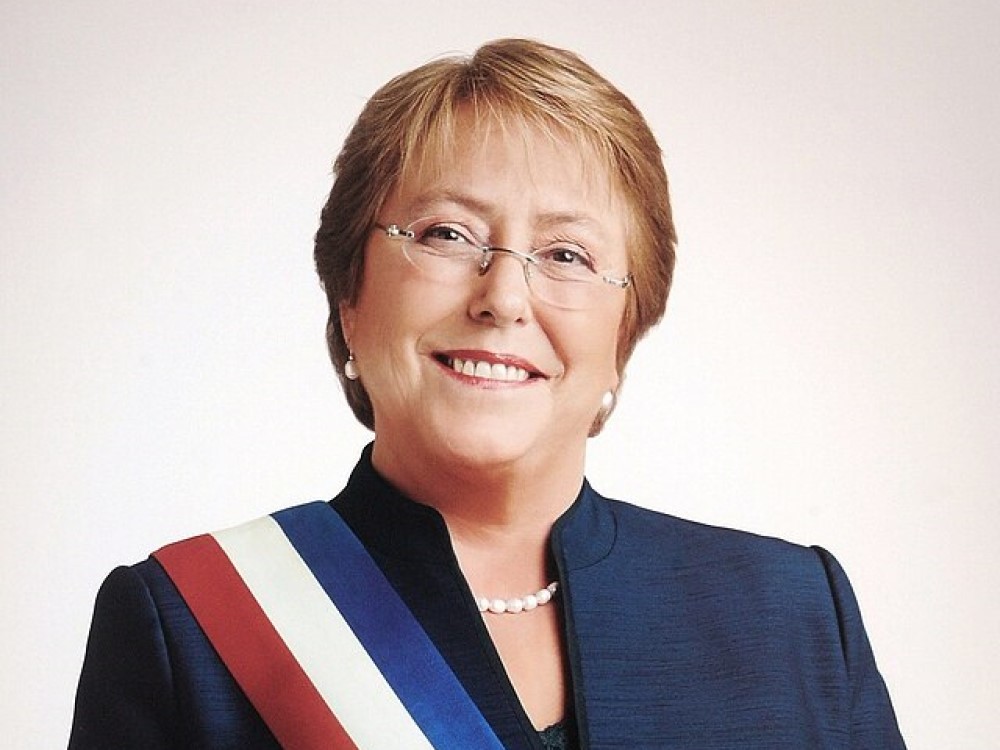
Michelle Bachelet, born on September 29, 1951, in Santiago, Chile, emerged as a transformative figure in Chilean politics, championing women's rights and social justice. Her journey, which was characterized by personal tragedy and political tenacity, enabled her to become Chile's first female president in 2006, shattering conventional wisdom and shocking traditional Catholics. Bachelet's impact extended far beyond her presidential terms, as she continued to advocate for human rights on the global stage, serving as the UN High Commissioner for Human Rights from 2018 to 2022.
The turmoil of Chile's political environment influenced Bachelet's early years. Her father, a Brigadier General in the Air Force, opposed Augusto Pinochet's 1973 military coup. Tragically, he suffered confinement and mistreatment, ultimately succumbing to the harsh conditions. Bachelet and her mother experienced imprisonment, torture, and exile, a testament to their family's unwavering commitment to justice.
After spending years in exile, she returned to Chile in 1979 and pursued a career in medicine out of a desire to lessen human suffering. Her experiences during this period fueled her determination to create a more equitable society. She joined the Ministry of Health in 1990, marking the beginning of her impactful political journey.
Her tenure as Chile's first female defense minister in 2002 marked a historic milestone. Her commitment to reconciliation and modernization of the military exemplified her dedication to fostering positive change. This achievement underscored the need for women's presence and influence in traditionally male-dominated spheres.
In 2006, she shattered another glass ceiling, becoming Chile's first female president. Her presidency was characterized by a relentless pursuit of social reforms, including efforts to decriminalize abortion in cases of rape. Despite facing challenges, such as a family corruption scandal and political opposition, Bachelet's determination prevailed.
Her impact extended beyond Chile's borders when she assumed the role of UN High Commissioner for Human Rights in 2018. Her unwavering dedication to ending gender-based violence and promoting stronger legal systems around the world was evident throughout her tenure. She emphasized the need for political will to enact meaningful change.
Bachelet's legacy serves as an inspiration for women worldwide, especially in Chile. Her resilience, dedication to human rights, and pursuit of social justice continue to resonate with young leaders. Her journey reminds us that progress is possible, even in the face of adversity.
As Chile's first female president, she not only shattered barriers but also laid the foundation for a more inclusive and just society. Bachelet's legacy stands as a beacon of hope for future generations, demonstrating that transformative change is achievable through unwavering commitment to the values of equality and justice.
